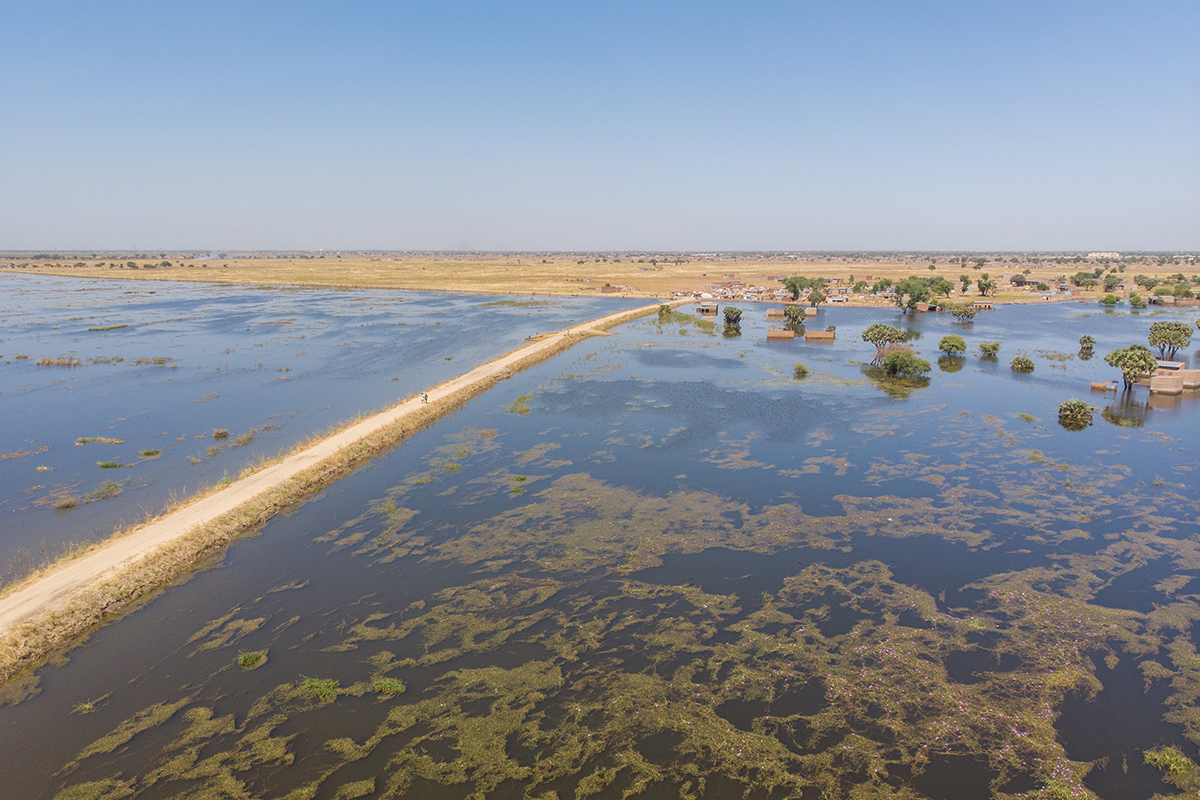
“Everything I own is under water”
Since July 2024, extensive and recurrent flooding has affected every single one of Chad’s 23 provinces, as heavy rains have caused the 1,400-kilometre-long Chari River – which flows through much of so...
“Everything I own is under water”
The climate crisis hits home in Chad
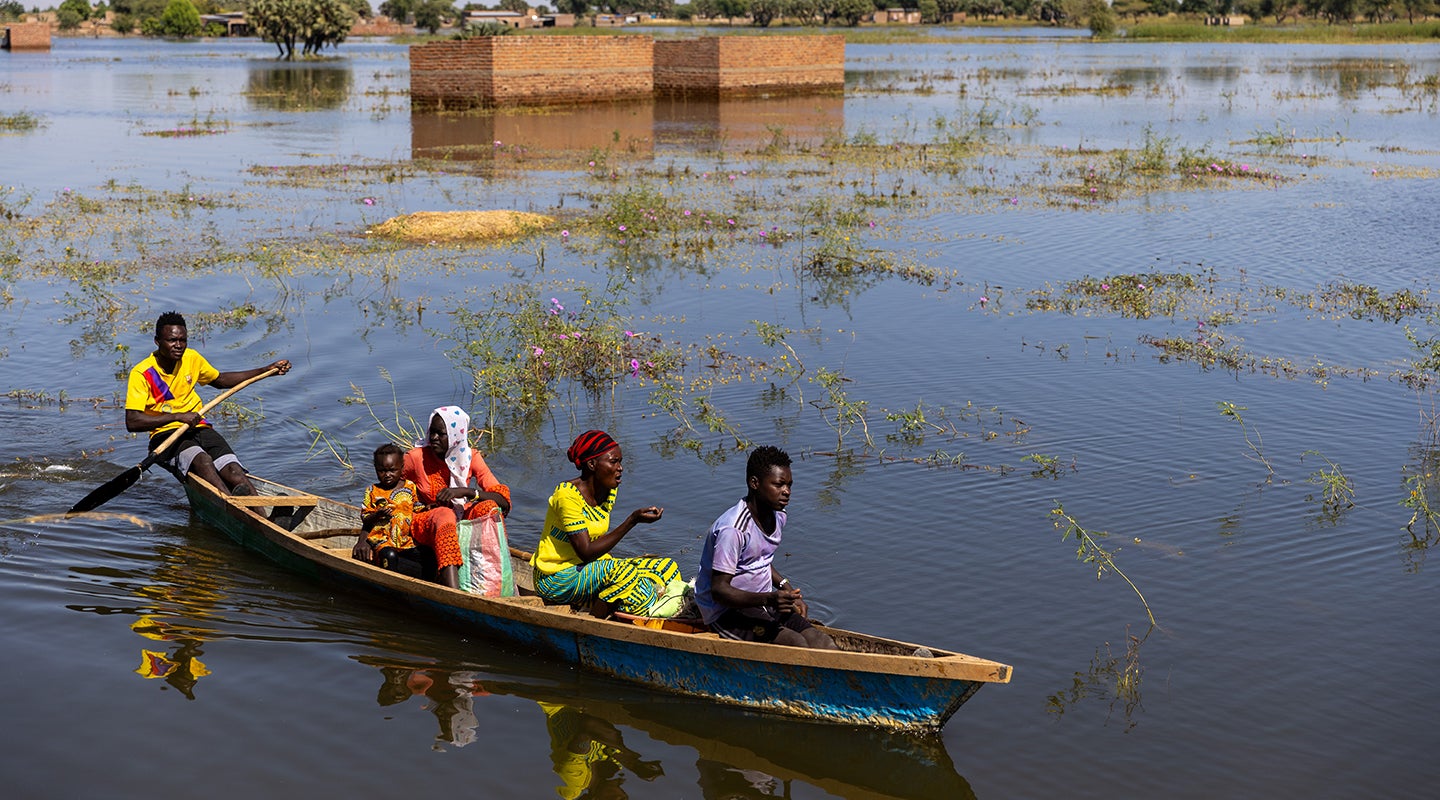
Since July 2024, extensive and recurrent flooding has affected every single one of Chad’s 23 provinces, as heavy rains have caused the 1,400-kilometre-long Chari River – which flows through much of southern Chad – to repeatedly overflow.
More than 2 million people have been impacted, with over 13,000 people displaced from their homes and approximately 1 million women and girls in need of sexual and reproductive health services.
UNFPA, the United Nations sexual and reproductive health agency, met with people whose homes on the banks of the river in Chad’s capital, N’Djamena, have been completely submerged. Close by, at a camp for the displaced in the Toukra area of the city, we see what life is like for some of the 4,000 people staying there amid the climate crisis.
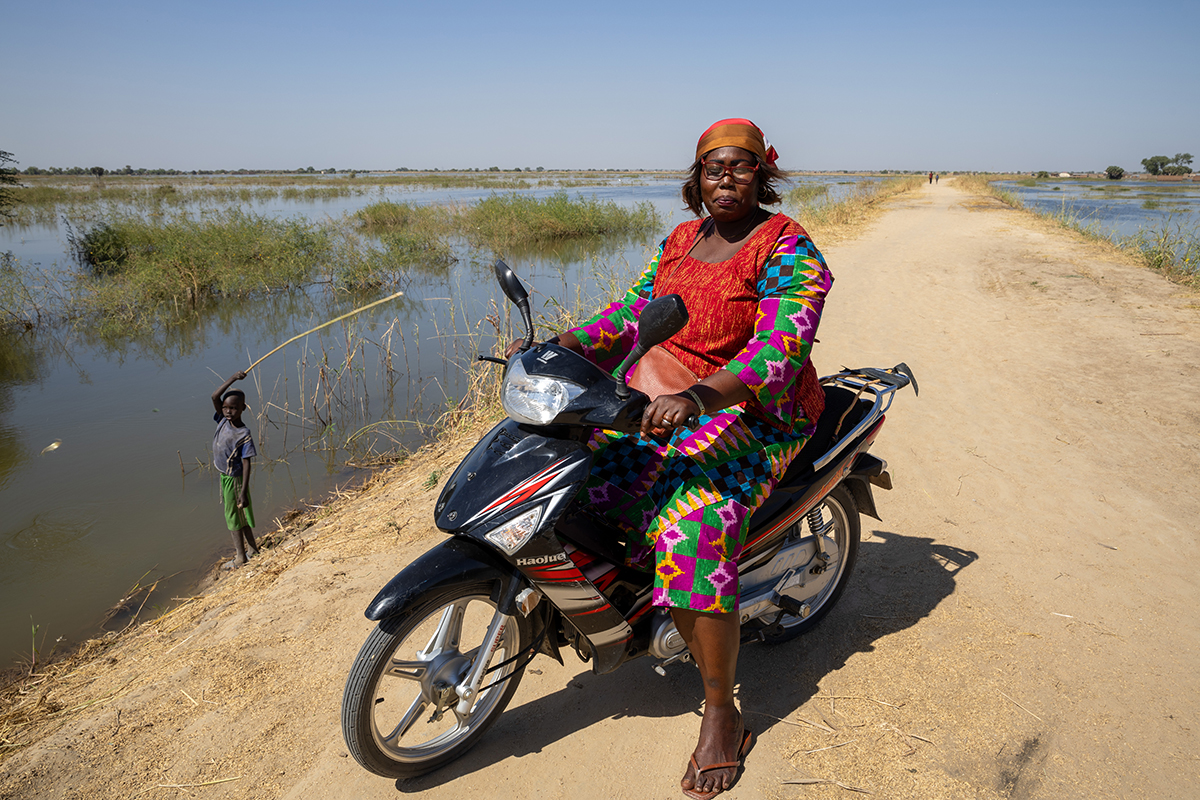
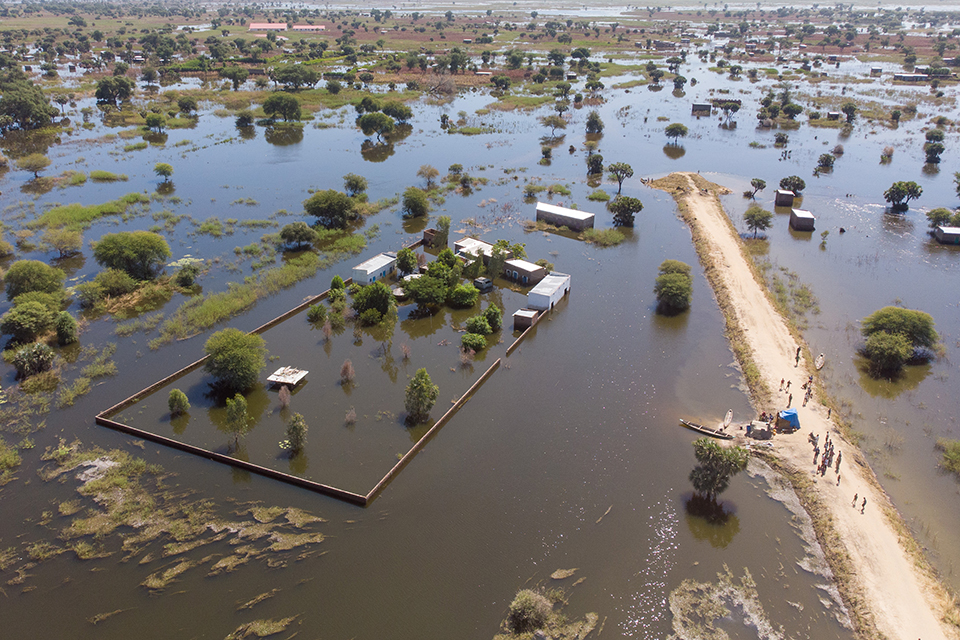
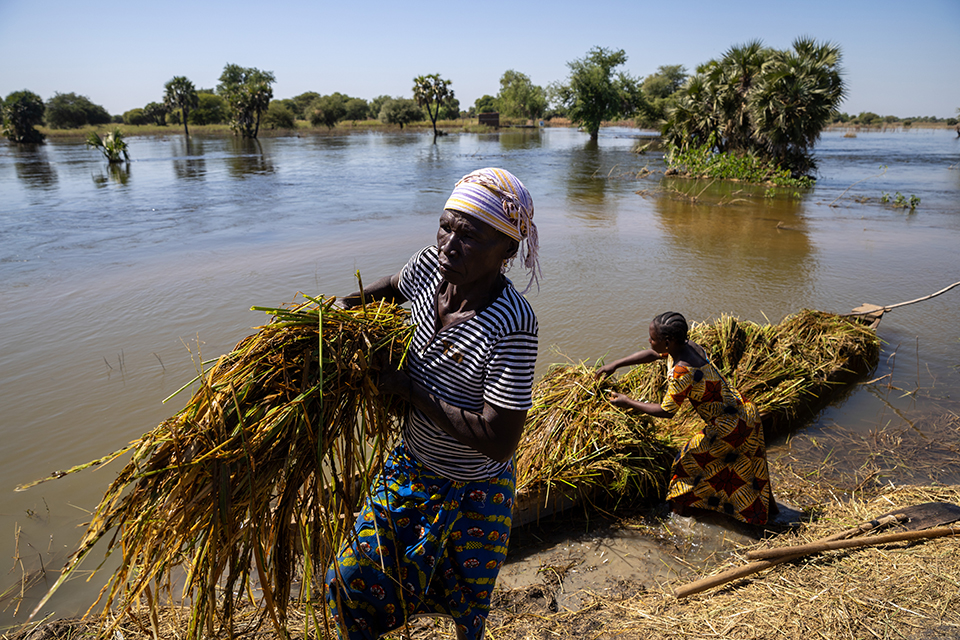
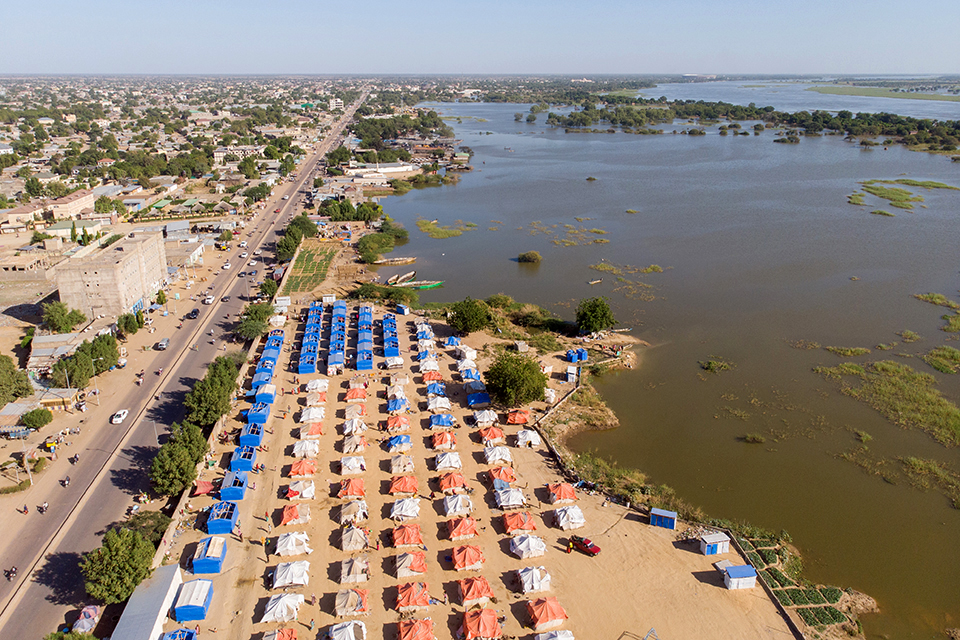
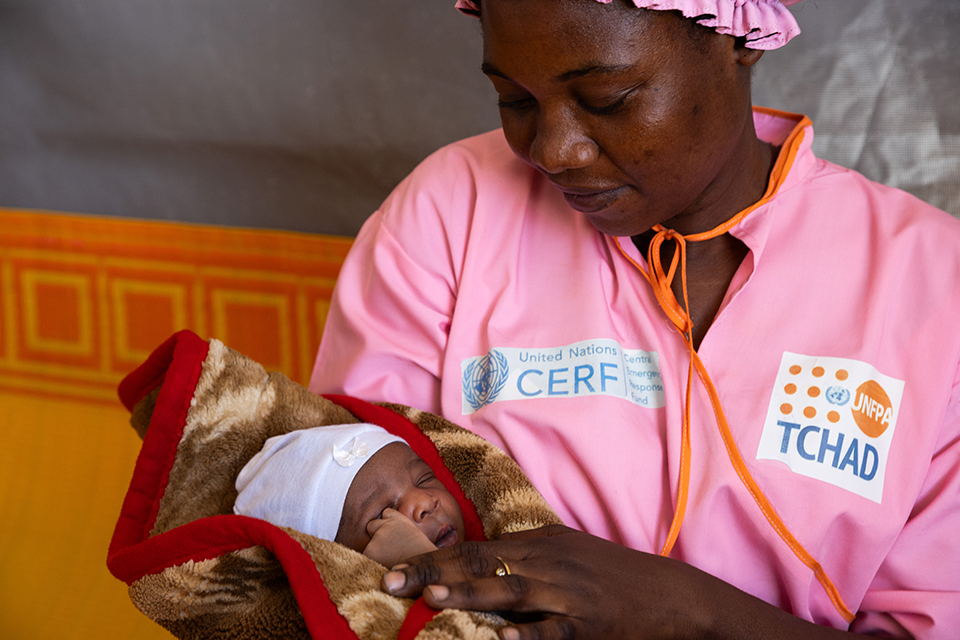
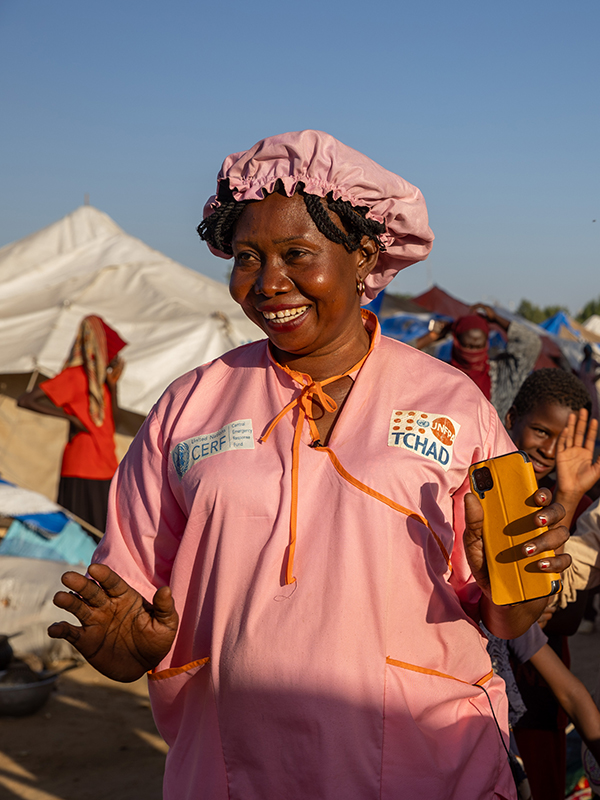
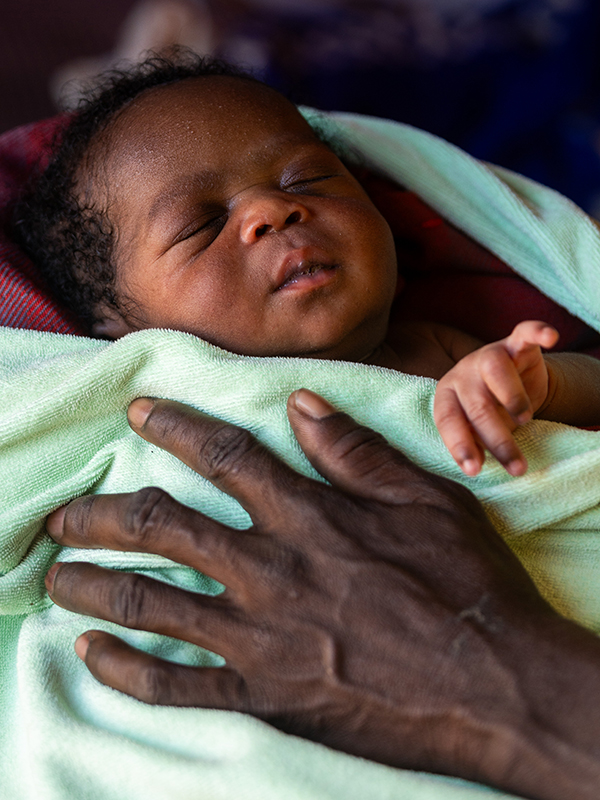
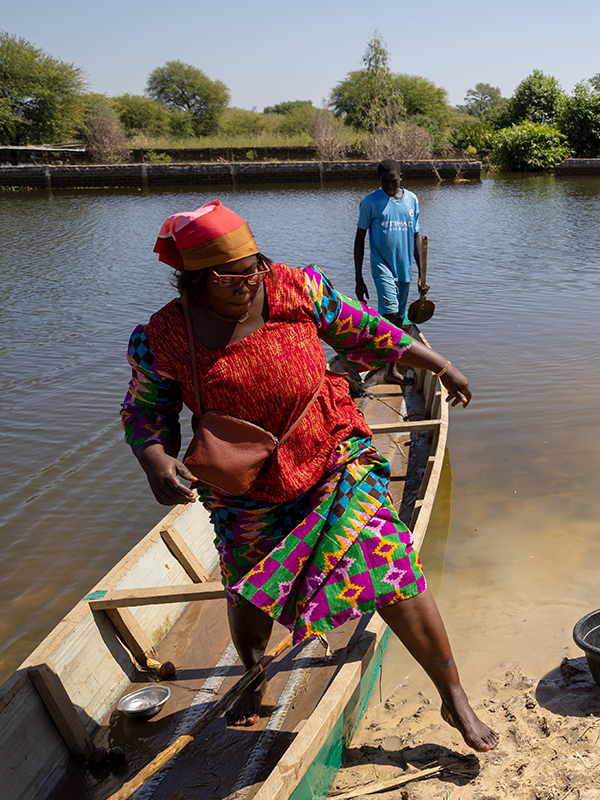
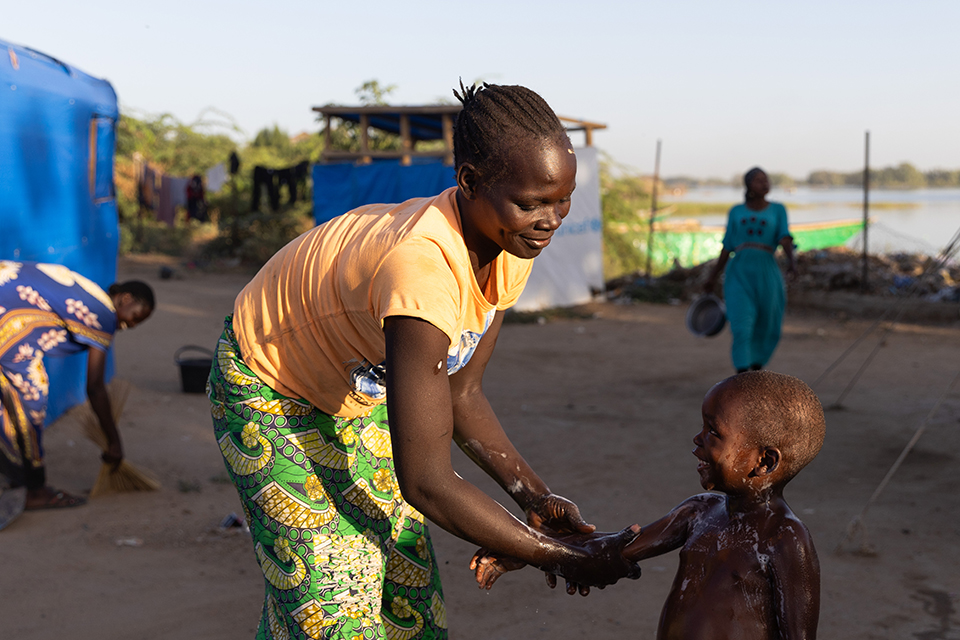
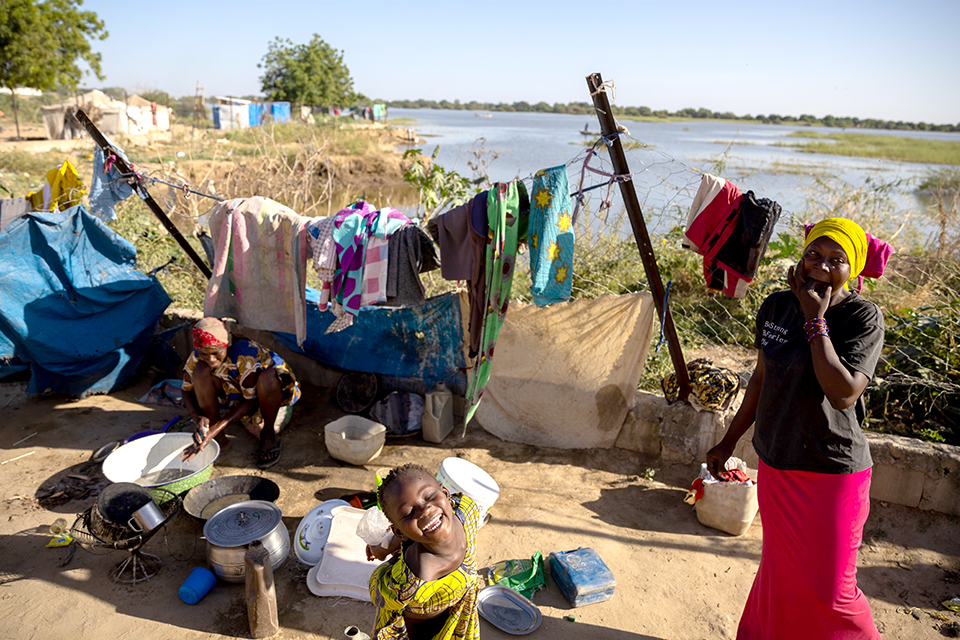
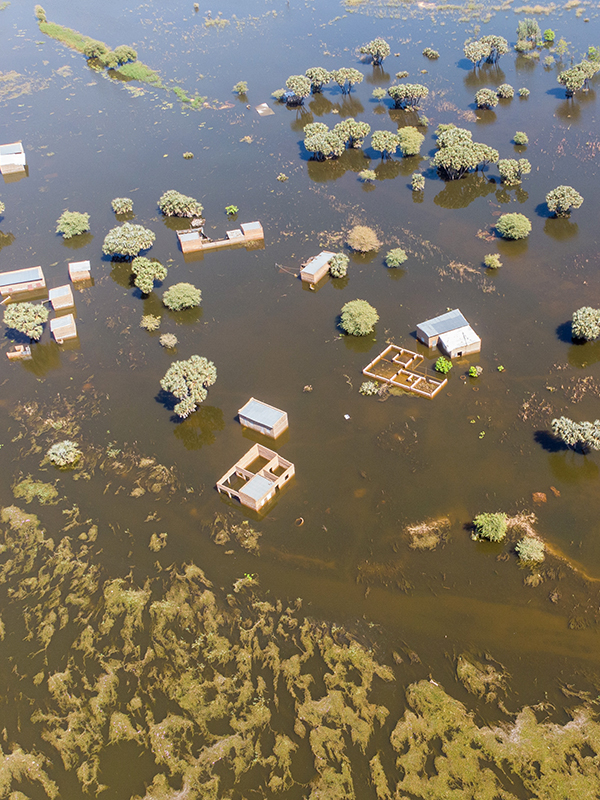
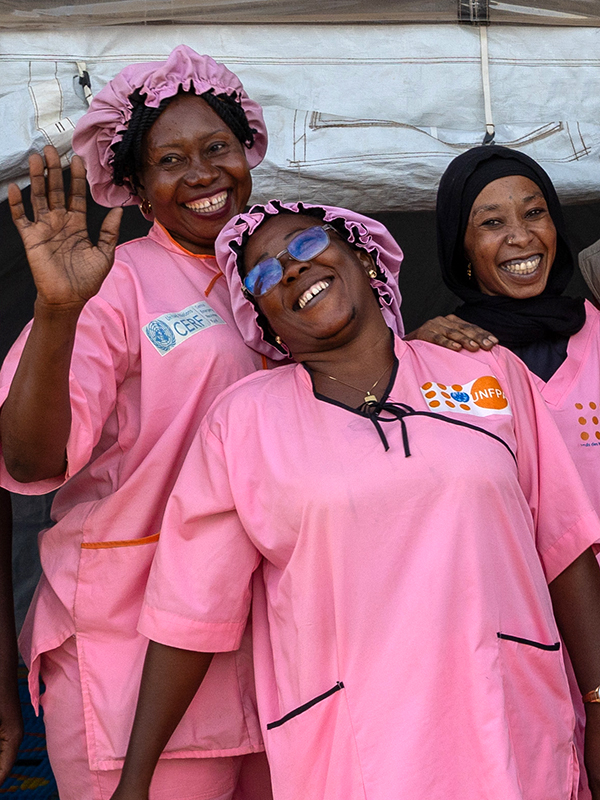
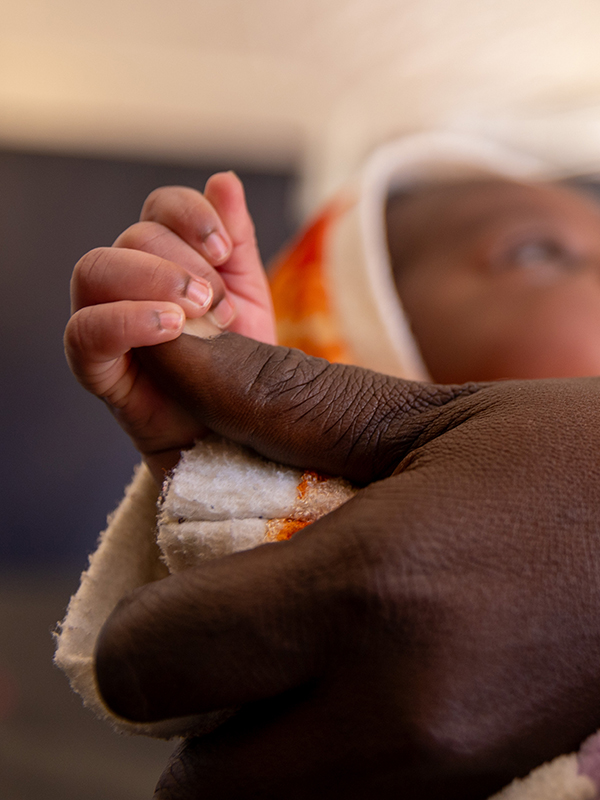
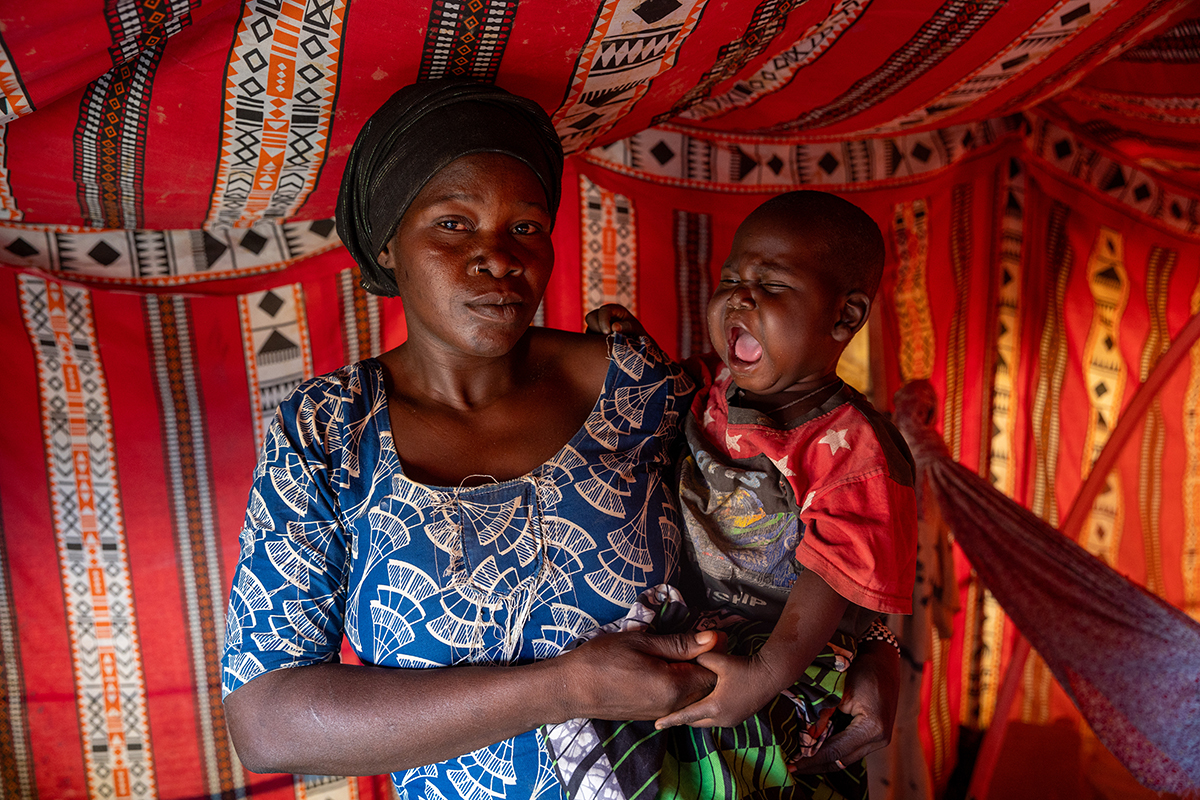
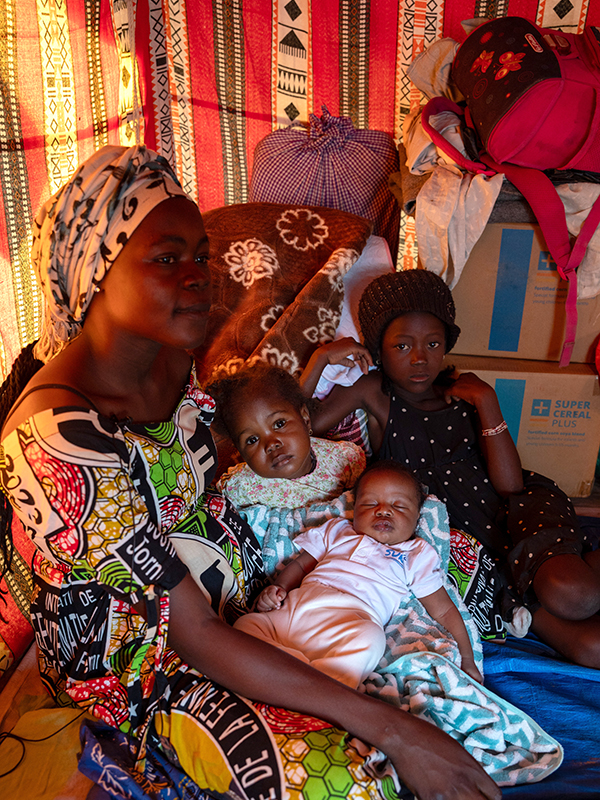
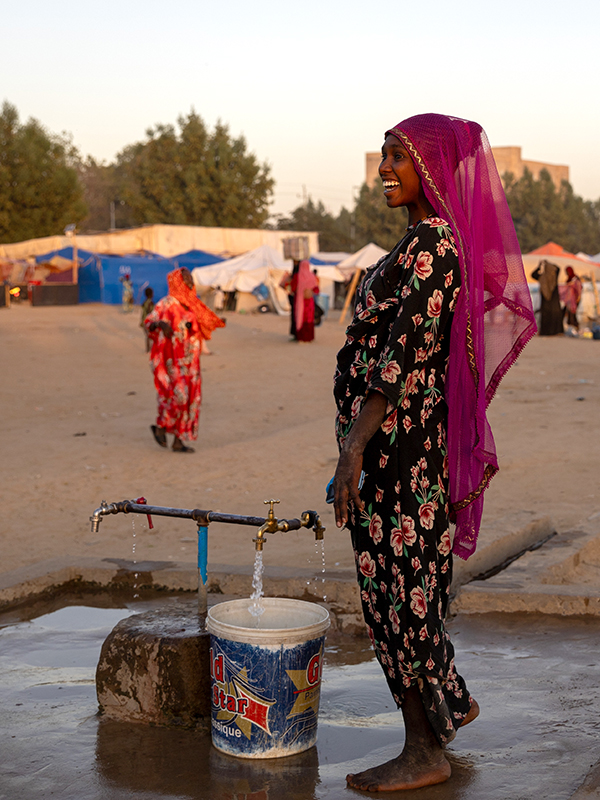
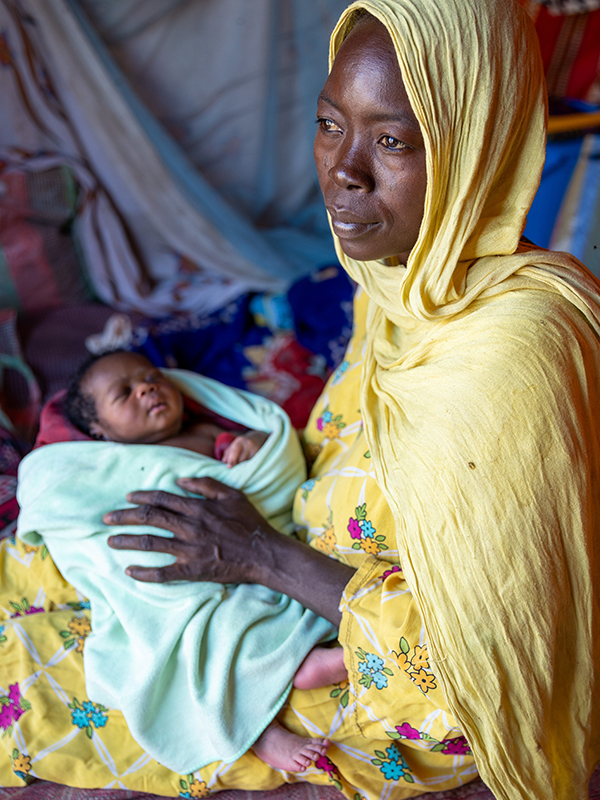
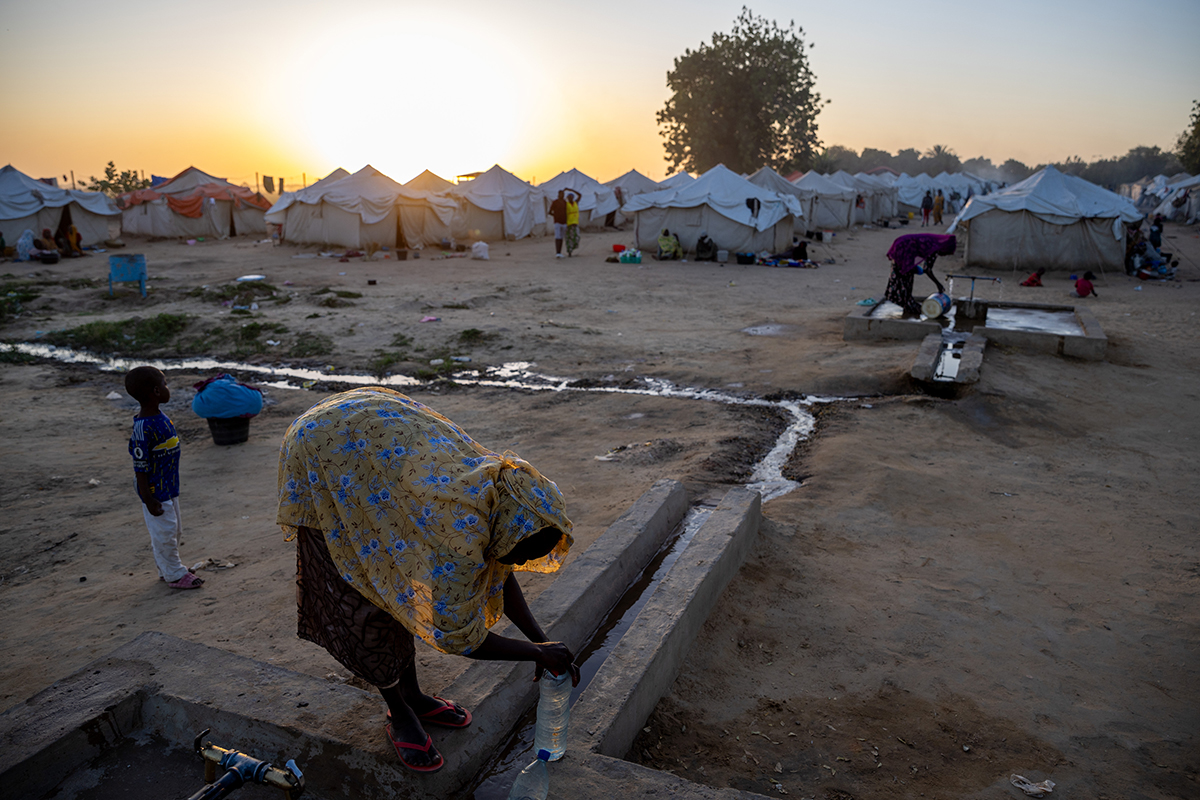
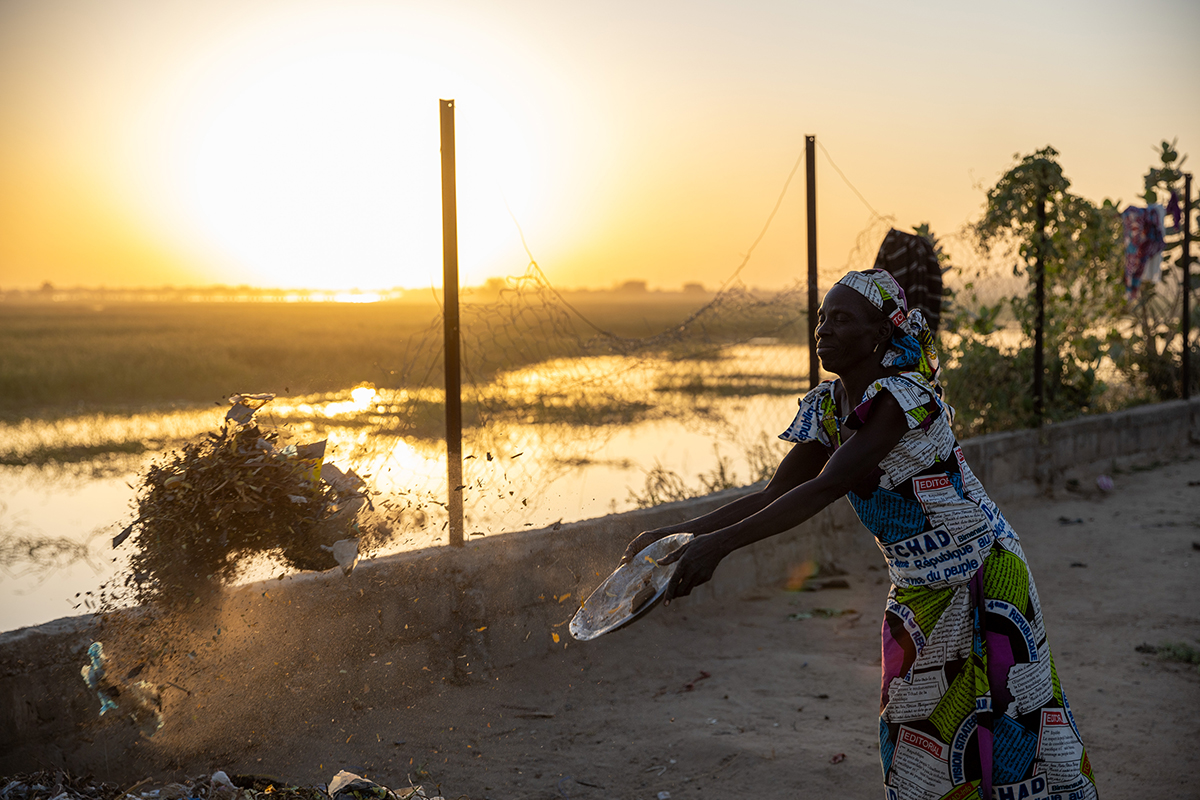
In addition to supporting people displaced internally by the flooding, Chad is hosting over 1 million refugees from Sudan – including 700,000 people who have fled the country’s conflict. Crises like these increase risks of rape and gender-based violence, unmet contraceptive needs, unintended pregnancies and preventable maternal deaths.
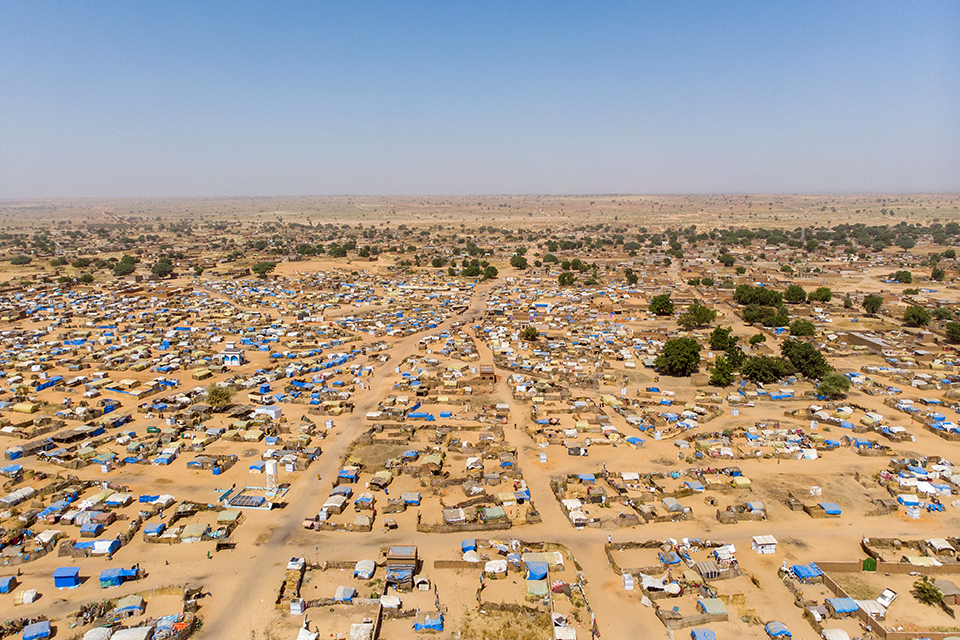
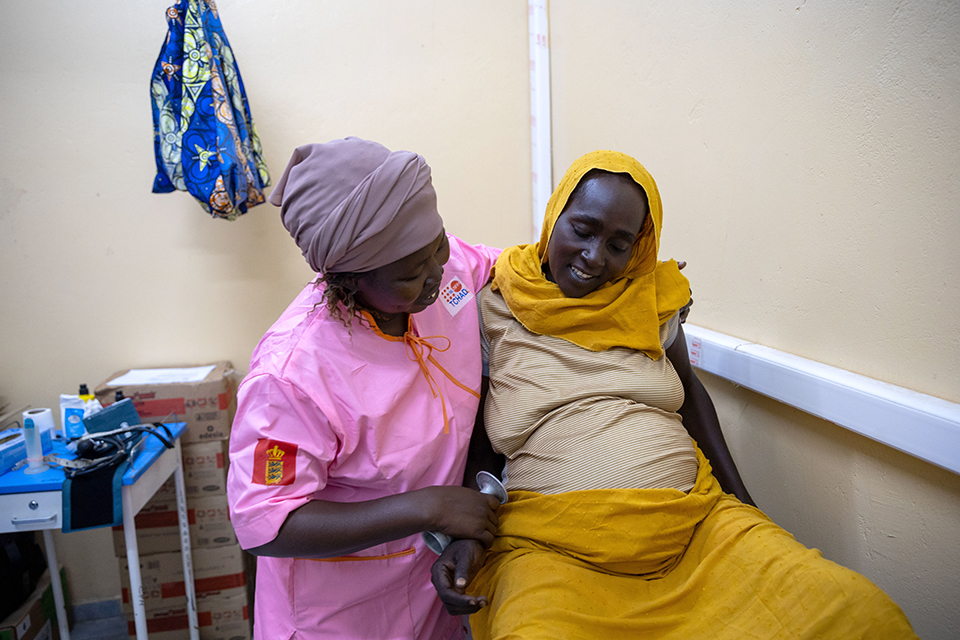
UNFPA-trained midwives are saving lives in Chad. But due to severe underfunding, the need for services outweighs the supply, leaving thousands of women and girls without access to sexual and reproductive health care and protection services.
UNFPA’s response in Chad – as well as all of its core work – must be fully funded so that the agency and its partners can continue to provide women and girls with essential supplies and services, especially amid the worst of crisis and disaster.
